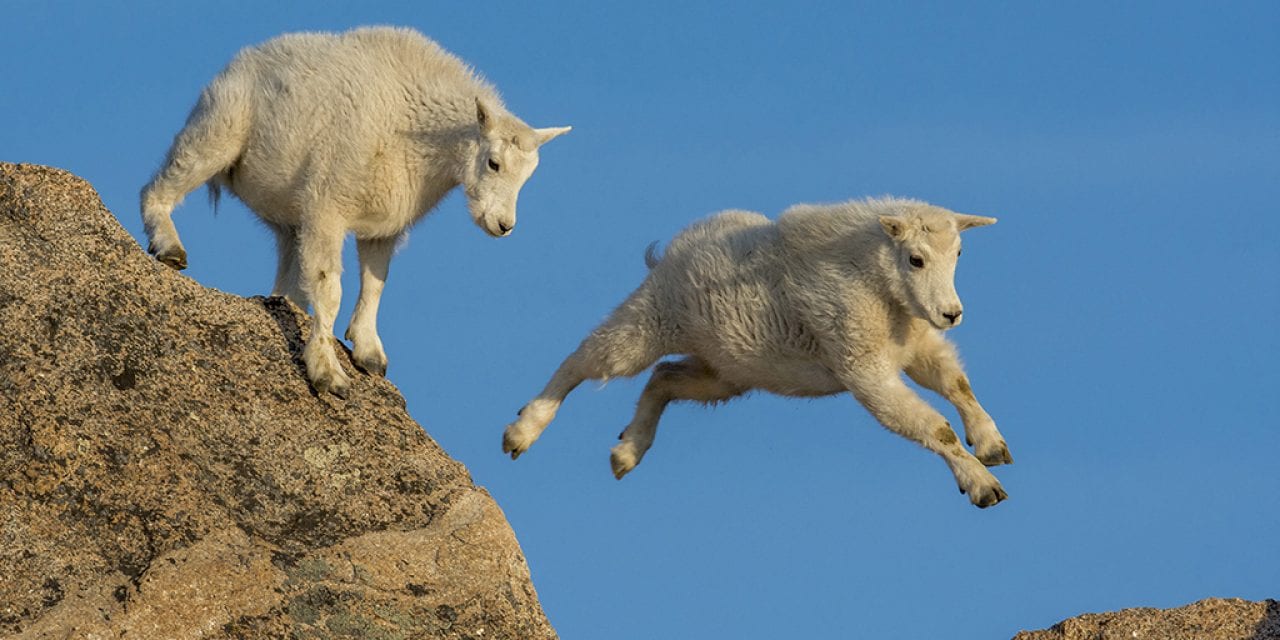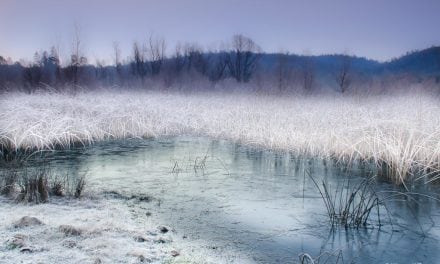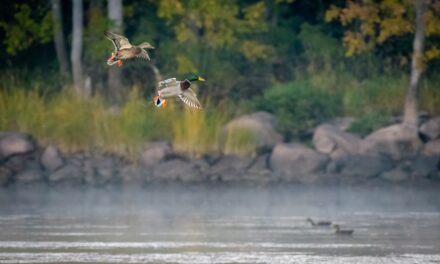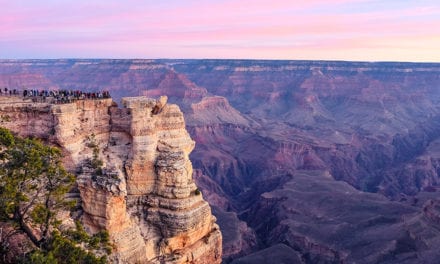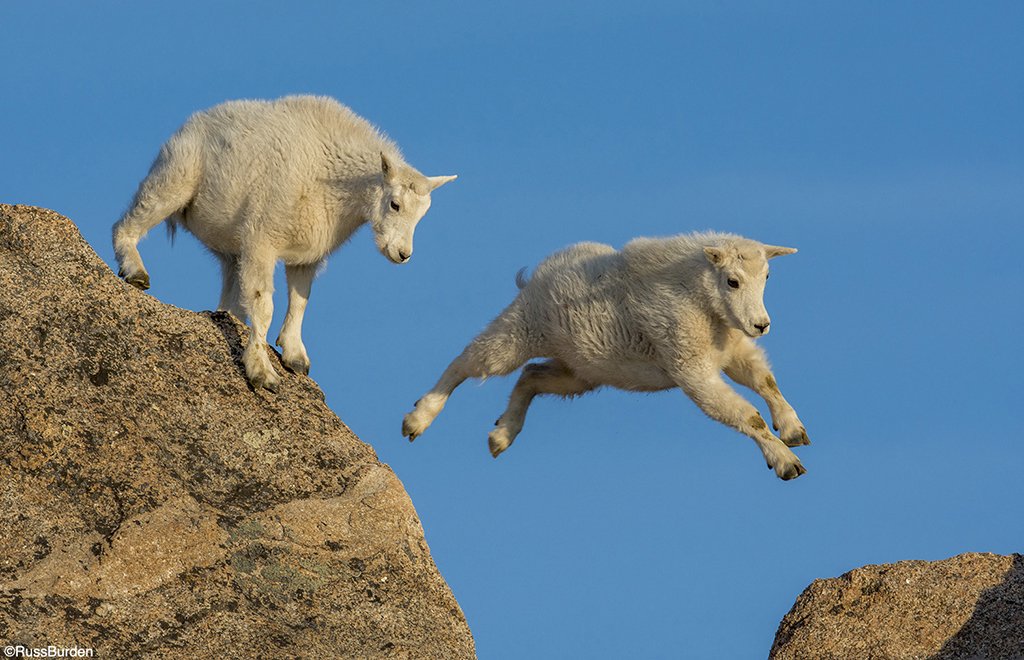
Don’t you absolutely love it when a friend “compliments” your photos by saying you must have a great camera! My favorite retort is, “Yes, I taught it everything it knows.” While it’s true that a better camera provides the possibility to capture a better image, it can’t change the angle of light, whether or not an animal shows up, what the background will be, the weather, etc. It can provide more pixels from which to crop, it can give you more frames per second, it can have a large buffer, it can lock focus faster and truer along with other capabilities, but it doesn’t do these things unless there’s someone driving it. Some drive better than others. There can only be one winner of the Daytona 500. The fastest car doesn’t guarantee that driver will win the race. The driver with the most skill, who has a good car and a good crew determines who wins. And the best camera doesn’t determine every click of the shutter nets a worthy image.
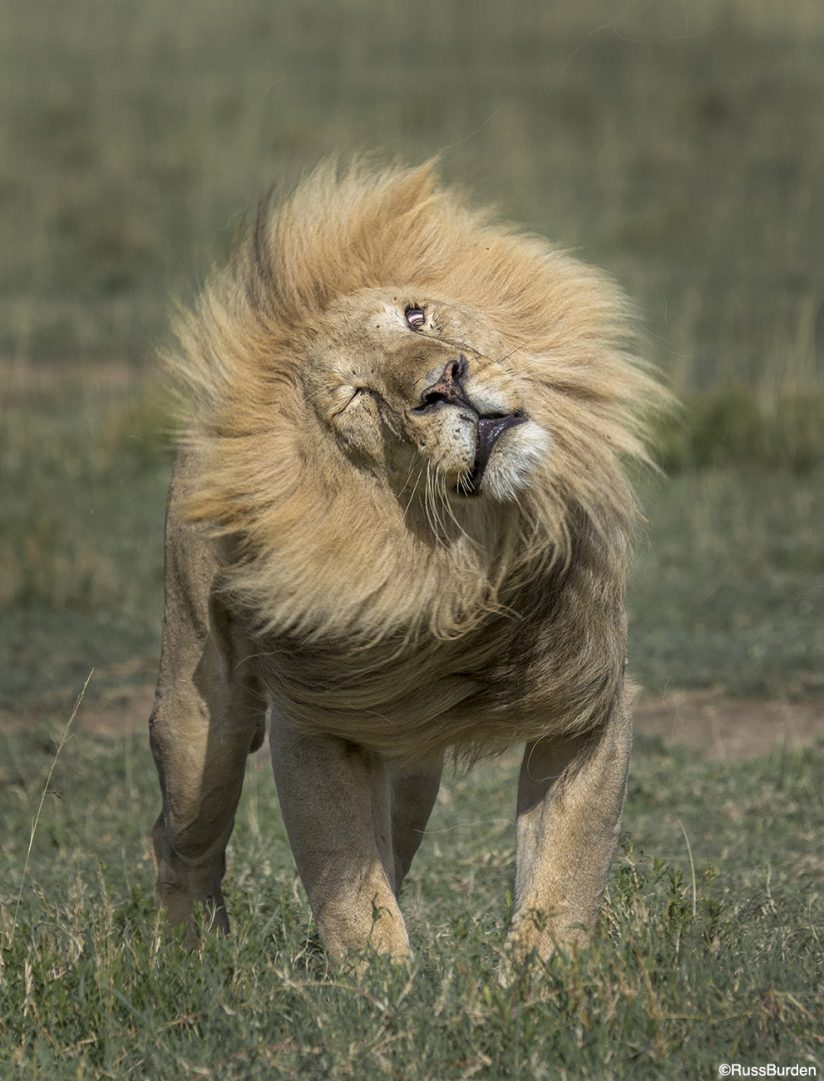
To become a good race car driver takes years of practice, determination and dedication. The same goes for an Olympic skier, a pro in the NFL, a golfer who gets on the pro tour, a top swimmer on the high school team—you get the idea. To get to the head of the class takes work. It is no different for a photographer. Do you want to make it to the NFL of photography? You gotta work for it! Do you want to attain Olympic-like photography skills? You gotta work for it. Let’s explore the ways in which you can improve your skills so people compliment YOU and not your camera!
Read Your Manual
I started with this aspect due to the associated “pain” it causes. You go out and spend thousands of dollars to get the best but you take advantage of only 50 percent of the camera’s capability because you never learned everything it can do. All too often I show a photographer something their camera can do and I hear, “I didn’t know it could do that.” “Did you read the manual?” is my comeback, and I can see pain in their eyes. So take the plunge and read the manual. It will help you get on the pro tour and you’ll actually feel good about it—trust me!
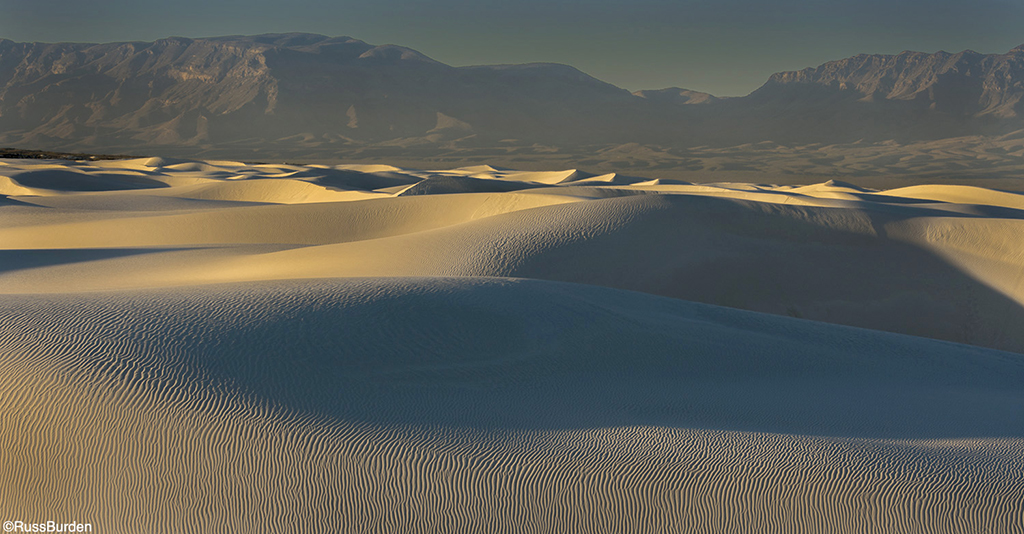
Learn To Read The Light
My photo tour company tagline is, “It’s All About The Light.” Light is the key ingredient that makes or breaks a photo. An ordinary subject in great light can net a great photo, yet an amazing subject in flat, gray and dull light nets a flat, gray image. The word photography sums it up. It’s composed of two parts: “photo” equals “light” and “graphy” equals “to write.” When you make a picture, you write with light. The better the light, the better the image. Sunrise and sunset provide the most beauty and potential drama. Learn what subjects work with soft light. Watch how moving clouds spotlight a given subject. Wait for the light to hit it and then make the photo. Light can be subtle—the more you learn how to read it, the more winners you can create.
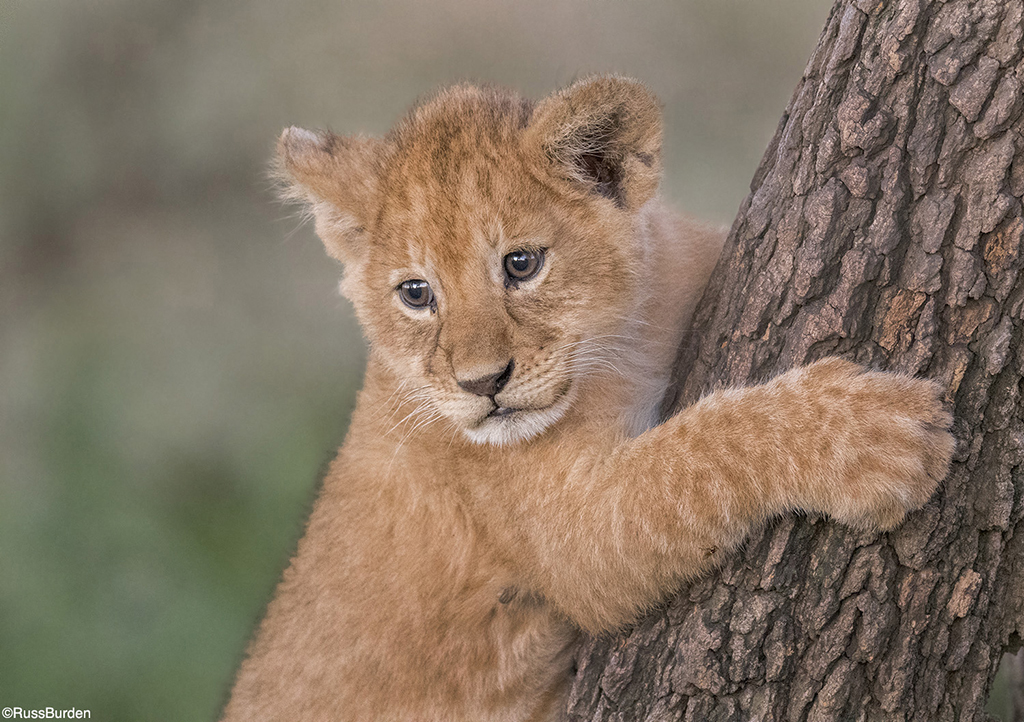
The Movie Set
When I lead a tour and talk about light, I make a connection to a movie set. The lighting director needs to show up, and when his presence is bestowed, great images can be made. In addition to this person, the actor needs to appear. This can sometimes be frustrating. I can recall times when the light has been exquisite but no animals show up. Can a scenic be made in its place? How about a macro? Take advantage of what you’re given. Third, the set director needs to perform his job. Another tagline I often profess is, “The Background Is Equally as Important as the Subject.” There have been times where the light has been magnificent, the actor makes his or her appearance, but the background is awful. No matter how many times you press the shutter, the background will still be ugly. Wait for the subject to move to an area that’s cleaner and try to crop out as much as possible. While not perfect, make the best of the situation. True euphoria happens when all three movie people perform their job. To have amazing light with a fantastic subject in a great environment is what we constantly pursue. Those who pursue them more often and with greater vigor return with more winners.
Apply the above and don’t leave it up to luck. While luck does play into it, those who are most prepared benefit the most. Those who don’t take the time to learn to read light, don’t read the manual, don’t care about the background, etc., will get left behind. Be proactive and know that it was you who made the photo while the camera enabled you to take the photo! Let your camera provide the avenue for your eye!
Visit www.russburdenphotography.com for information about his nature photography tours and safari to Tanzania.
The post Cameras Take The Picture, Photographers Make The Picture appeared first on Outdoor Photographer.

